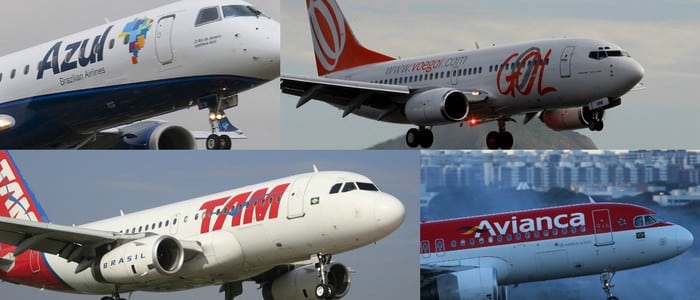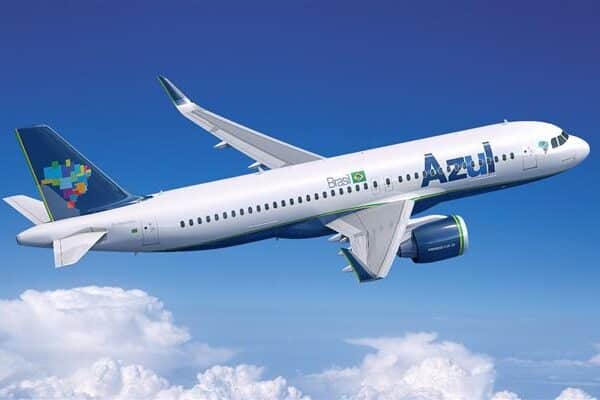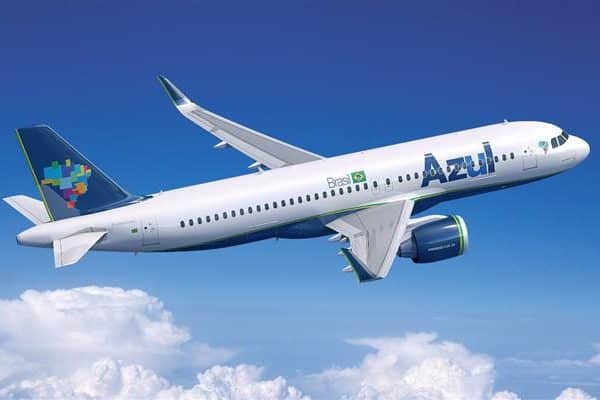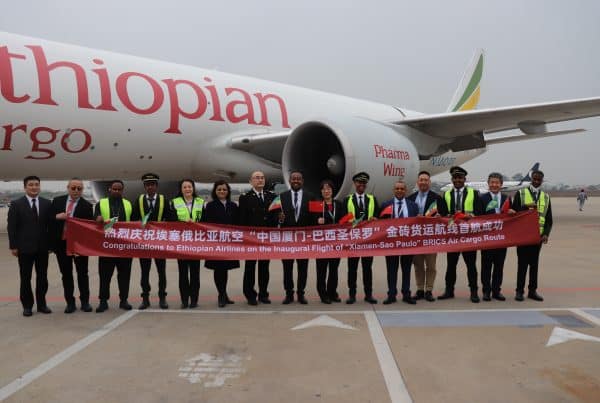The new government took the office in Brazil this year, with the joining brazilian aviation market had an intense first quarter this year. As the new government takes office, the market has seen economic reforms, reflecting in more investments and thus, accelerating demand.
Though the strategies has collapsed Avianca Brasil, which was known to be the fourth biggest domestic carrier in Brazil before its downfall. Before the airline use to serve high competition market affecting the demand for the competitors, which can now raise ticket prices as options for passengers are reduced.
Though the overall market outlook may seem good, international demand has suffered slightly and the Brazilian real has strongly depreciated. According to Gol, the Brazilian real suffered a 16.2% decrease in the first quarter.
Gol, is the biggest domestic carrier, it has not yet recovered from the losses it has been registering since the financial crisis hit Brazil in 2014. The airline registered a BRL32.3 million loss in the first quarter compared to the BRL142.3 million. Nevertheless, the overall numbers can be seen as positive as compare to the previous years.
One major concern of Gol over the first quarter was the suspension of Boeing 737 MAX flights. The airline’s seven MAX aircraft could operate efficiently from their hubs in Brasilia and Fortaleza to Miami and Orlando.
In the investors conference Gol’s CEO, Paulo Kakinoff, said that he believes the MAX should be flying again by June. The airline CFO, Richard Lark, said this unforeseen event made the airline postpone the devolution of four 737NGs, as well as postpone the planned maintenance of four others. If the grounding takes longer, he said, “we would have to take other steps as short-term NGs bookings [leasings] to comply to our fleet plan,” since in June the airline expects demand to start increasing more.
On the other hand the second largest Brazilian domestic and largest international carrier, LATAM has suffered a little bit more with the depreciation of the Brazilian real, as a major part of its network is composed of international operations. The domestic ASK in Brazil has grown 1.5 % from the first quarter 2018 to first quarter 2019, while the RPK has grown 1.3 percent.
Azul, the third major carrier in Brazil, is experiencing good financial results, though not as strong as in the first quarter of last year. They are constantly receiving new Airbus A320neos, which strongly boost the business while having lower costs than first-generation Embraer 190/195s. Azul founder David Neeleman said that We should have 6 of them by the end of the year. Even though international demand may seem to struggle, the overall aviation market in Brazil is showing some recovery signals and the financial results and forecasts of the airlines in the mid-term clearly show that. It will all depend on the current government macroeconomic reforms for the Brazilian real to appreciate and for this positive trend to keep going.




